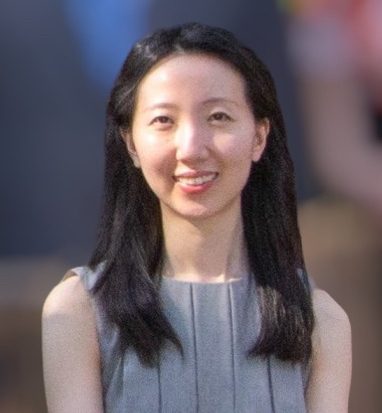
Qingfan Jiang
Assistant Professor
Musicology
Qingfan Jiang is a musicologist specializing in global music history. Her research focuses on the musical exchange between China and Europe in the seventeenth and eighteenth centuries. Her book project, “Missionaries, Music, and the Making of a Global Enlightenment,” explores the Sino-Western musical dialogue facilitated by the Jesuit missionaries and how this dialogue contributed to the emergence of the Enlightenment as a global, not European, intellectual movement. Based on archival research in Portugal, France, and China, this book aims to show that what are commonly perceived as quintessentially “European” and “Chinese” music theories were shaped by knowledge from the other side of Eurasia. The impulse to collect and systematize musical knowledge from other cultures led to an expanded vision of the globe. At the same time, it paradoxically gave rise to cultural exceptionalism in the following centuries. Her 2022 article on the influence of Chinese Music in the theoretical works of Rameau and Rousseau appeared in Eighteenth-Century Music. An article on a new approach to teaching global music history will appear in the Routledge series Modern Musicology and the College Classroom.
Before joining Peabody, Jiang held a postdoctoral fellowship in the Institute of Sacred Music at Yale University. She earned her Ph.D. in Historical Musicology from Columbia University in 2021. She has given talks at conferences in the United States, the United Kingdom, China, and Australia. Her work has been supported by the American Council of Learned Societies, the Weatherhead East Asian Institute, the Council for European Studies, the Ricci Institute, and the American Musicological Society.